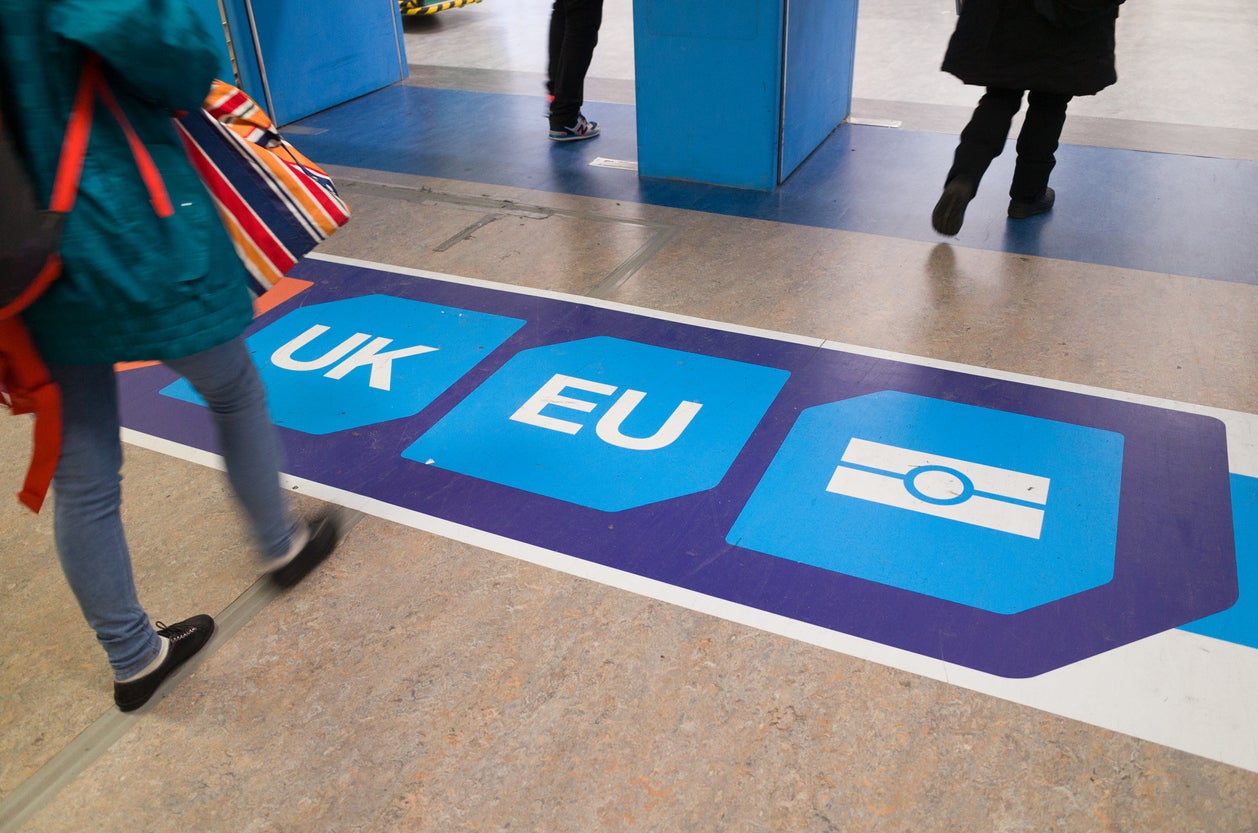Brits warned of scams around yet-to-launch Etias visa waiver for travel to Europe
Countries required to use Etias warned fraudsters may ‘engage in abusive practices’

Britons have been warned of fraud opportunities around the upcoming Etias European visa waiver, which will come into effect in 2023.
Although the European Travel Information and Authorisation System (Etias) system won’t launch until next November, new EU guidance is already warning of potential scammers, reports The Times.
In EU guidelines seen by the publication, passengers paying for Etias visa waivers run the risk of encountering frausters who will “engage in abusive practices”.
The guidance warns of “attempts to mislead applicants into believing that their site is the official channel for submitting an Etias application”.
“This may give the false impression that the additional fee charged by the commercial intermediary is a mandatory part of the application process,” explained the document.
In a system similar to the US’ present Esta visa waiver programme, the Etias visa waiver will cost Britons €7 and last for three years from the date it is issued.
Travellers must apply at least 96 hours before departure for an EU country in order to have their document approved in time.
However, the US system has seen dozens of copycat websites spring up, charging travellers to pay for “Estas”, then leaving them with nothing to show for it.
Other unofficial websites deliver the Esta but charge extra for bogus “processing” costs, hoping unwary tourists will pay the pointless fees.
The EU confirmed that it will allow third parties to sell the Etias but admitted that left the scheme open to potential scams.
The guidance also reportedly warns of third parties making “fraudulent use of the personal or financial data provided by the applicant” or charging “unreasonably high price for their services”.
It similarly flags the possibility of fraudsters failing to submit the application “in the required time, format and quality on behalf of the applicant”.
An unnamed aviation industry source told The Times that the planned system seems precarious.
“It should only be available through the EU website,” they said. “At least that way you make the messaging very clear: ‘If you are not on the official website of the European Union then do not waste your money’.”
The launch date of the Etias scheme was quietly postponed until autumn 2023 in August.
Previously, the intended start date was to be May 2023 – at the start of this year’s summer holiday season.
Ferry and rail industry figures at Eurostar, Eurotunnel and the Port of Dover have expressed concern about the need for every traveller to be fingerprinted and provide a facial biometric after the system comes in.
Earlier this month, Port of Dover boss Doug Bannister warned that the new EU entry-exit system could cause “significant and continued disruption for a very long time”.
Join our commenting forum
Join thought-provoking conversations, follow other Independent readers and see their replies
Comments
Bookmark popover
Removed from bookmarks